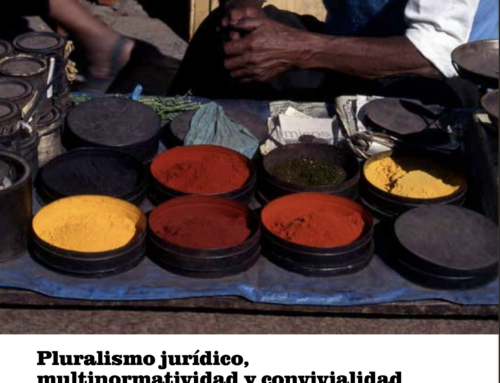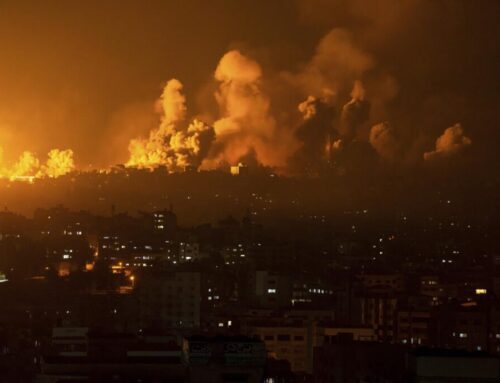Written by Melchior Nsavyimana
If several African countries are known because of civil wars, extreme poverty, dictatorship, and corruption, Botswana can be considered an exception in the continent. In fact, it is a landlocked country in Southern Africa, mostly desert, rich in diamond resources, sparsely populated – only around two million inhabitants.
 Economically speaking, it is one of the few African countries which has experienced one of the greatest growth in the world since the 1960s, out of the exploitation of its very rich diamond resources, but also thanks to the good management implemented by its leaders since independence. As to economic growth, for example, while the rest of Africa experienced an average negative economic growth rate of -0.3% over the period 1965 to 1998, Botswana recorded an average 7.7% growth rate over the same period. Such performance was, at the time, higher than the one of the ‘Asian tigers’ – which performed miracles of economic growth during the last quarter century. In this perspective, this country of reference for Africa multiplied by 11 the standard of living of its citizens between 1960 and 2007 according to the 2008 World Bank Report.
Economically speaking, it is one of the few African countries which has experienced one of the greatest growth in the world since the 1960s, out of the exploitation of its very rich diamond resources, but also thanks to the good management implemented by its leaders since independence. As to economic growth, for example, while the rest of Africa experienced an average negative economic growth rate of -0.3% over the period 1965 to 1998, Botswana recorded an average 7.7% growth rate over the same period. Such performance was, at the time, higher than the one of the ‘Asian tigers’ – which performed miracles of economic growth during the last quarter century. In this perspective, this country of reference for Africa multiplied by 11 the standard of living of its citizens between 1960 and 2007 according to the 2008 World Bank Report.
Internationally renowned experts such as Daron Acemoglu, Simon Johnson, and James A. Robinson have been attracted by the development model of this country and their conclusion deserves special attention.
In their article, “An African Success Story: Botswana“, published in MIT’s internal publications in July 2001, the authors maintain that the success of Botswana is due to the establishment of appropriate institutions capable of respecting the rules of law and have them respected, as well as to the adoption of appropriate economic policies.
A fundamental question then arises: why are these institutions successful in Botswana while instead they struggle to settle in the rest of Africa? The authors provide the following answers: Botswana still had relatively inclusive pre-colonial institutions that established and enforced the operational rules of its political élite. These inclusive institutions work to the benefit of the general interest, unlike the extractive institutions dedicated to the defense of a group, an élite, a clan, or a caste that you can find in most African countries.
 Furthermore, if diamonds – it is the third largest diamond producer in the world – have played an important role in Botswana’s economic performance, they cannot be held to be solely responsible for it. By the way, in the rest of Africa, the curse of natural resources is often mentioned. Unfortunately, in countries like the Democratic Republic of Congo, Southern Sudan, Congo Brazzaville, etc., which are richer in natural resources than Botswana, the availability of these resources has generated much more problems than it has helped to solve.
Furthermore, if diamonds – it is the third largest diamond producer in the world – have played an important role in Botswana’s economic performance, they cannot be held to be solely responsible for it. By the way, in the rest of Africa, the curse of natural resources is often mentioned. Unfortunately, in countries like the Democratic Republic of Congo, Southern Sudan, Congo Brazzaville, etc., which are richer in natural resources than Botswana, the availability of these resources has generated much more problems than it has helped to solve.
Apart from its economic prosperity and the high standard of living of the Botswana people, all the indicators used to measure the progress of a country give positive results for Botswana.
In terms of good governance, according to the Ibrahim index used to measure good governance in the world, Botswana ranks third in the African continent behind Mauritius and Cape Verde.
Concerning the stability of the country, according to the Global Peace Index (GPI) 2014 published on June 17 by the Institute for Economics and Peace (IEP), Botswana is the 2nd more peaceful country in Africa behind Mauritius and ranks 36th in the world.
Indeed, the Global Peace Index measures the level of peace in 162 countries by taking into account 22 indicators that allow to appreciate the absence of violent acts or the absence of the fear of violent acts. These indicators are divided into three main themes: the level of safety and security within society, the extent of internal and external conflicts, and the degree of militarization in each country. The lower the global index, the more peaceful the country is.
As far as its democratic achievement is concerned, several analysts agree that the success of Botswana is the result of a long tradition of open discussion and consensus-building.
 Indeed, long before the British protectorate, the powers of the traditional chiefs were already limited, and life in the villages was governed by the “Kgotla“, i.e., the regular assembly of the members of the clan, which met under the shadow of the central tree of the village, where the men of the community could freely discuss any decision. The preservation of this tradition by the successive authorities has helped to preserve the social cohesion and the economic and socio-political development of this country. The value attributed to traditional leaders in today’s governance reflects the complementarity between the values of modern democracy and the traditional values of African cultures.
Indeed, long before the British protectorate, the powers of the traditional chiefs were already limited, and life in the villages was governed by the “Kgotla“, i.e., the regular assembly of the members of the clan, which met under the shadow of the central tree of the village, where the men of the community could freely discuss any decision. The preservation of this tradition by the successive authorities has helped to preserve the social cohesion and the economic and socio-political development of this country. The value attributed to traditional leaders in today’s governance reflects the complementarity between the values of modern democracy and the traditional values of African cultures.
This complementarity is manifested in the setting up of, for example, a very original institution in Botswana called “the Chamber of Chiefs“. It is an institution made up of 15 members including 8 traditional (hereditary) chiefs of the main tribes of Botswana as stipulated in the Constitution. The latter has an important role in all decisions concerning the lives of citizens (economic, socio-political, and cultural issues). The members of the Chamber of Chiefs may also take up any other matter that they consider relevant to the life of the Nation. To explain how this outcome was achieved, the different analysts remark that the authorities have succeeded in keeping and cultivating the structural embryo of public service inherited from the British after independence by guaranteeing a stable and well prepared public administration, based on meritocracy, fight against Corruption, bureaucratic efficiency, and transparency. The transparency rate dating from 2016, for example, stands at 6.1 on a scale of 10 and makes Botswana the least corrupt country on the African continent.
The determination and the spirit of tolerance of the leaders of this country, considered by Nelson Mandela as “examples” to follow, remain an inspiration for the other countries of the continent and the whole world. “We have a lot to learn from you,” said South African leader Nelson Mandela to the people of Botswana.





Leave A Comment